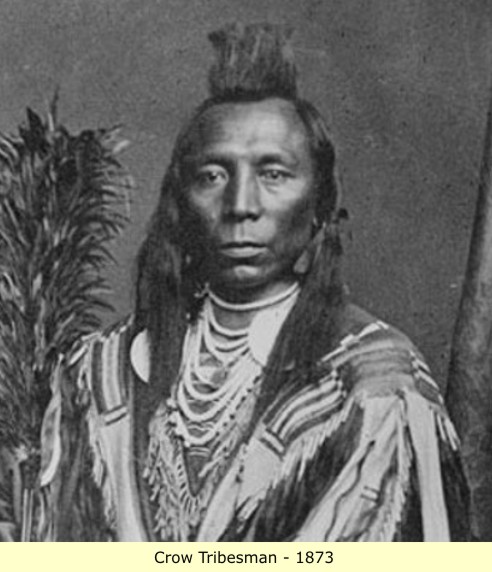Reclaiming the Narrative — From Africa to Virginia’s “Paper Genocide”
(BALTIMORE – October 5, 2025) – Following the science, it has long been the general notion that humanity began in Africa. The San Bushmen of Namibia in Southern Africa are said to possess the oldest DNA on earth. From there, humankind is believed to have migrated outward to populate the globe. If that’s the case, then the African — the original human — is indigenous to every land on this planet.
Yet here in America, the story has been reduced to a single narrative: that melanated people with 175 to 400 years of history on this soil are merely the descendants of slaves. Period. End of story.
But ask yourself: if someone today says they have “Indian in the family,” what reaction do they get? Usually a skeptical stare.
I ask this question often: “Do you have Indian in your family? Did someone ever tell you an Indigenous story — maybe your grandmother or grandfather?”
The responses are strikingly consistent. Far more people who look like me carry Indigenous family stories than scholars like Harvard’s Henry Louis “Skip” Gates might care to admit. Choctaw. Cherokee. Blackfeet. Saponi. These names echo across generations, whispered in kitchens and porches, long before DNA kits and televised ancestry specials.
Today, a new generation is doing the genealogy. They have their receipts — and they’re taking a stand. Many of them do not identify with Africa, Africans, or Pan-Africanism. Instead, they ask bluntly: “What has Africa done for us?”
And you know what? If Supreme Court Justice Clarence Thomas can ask hard questions, so can we.
Through the Indigenous Series we host on YouTube, we’ve heard countless stories from melanated people across the United States who reject the imposed label “Black” and instead proudly reclaim their tribal heritage. They are smart. They are bold. They are unapologetic.
This revolutionary wave is questioning almost everything — including some of the stories we’ve been taught about our own identity. As a lifelong learner, I welcome that. That’s why we created this platform: a safe space for open, courageous dialogue. Guests like the legendary Top Catz and Duke University historian Dr. Gunther Peck have helped guide that exploration.
But as we trace our roots, we must also confront the deliberate systems that tried to erase them.
Nowhere is that clearer than in Virginia, where Walter Plecker, the state’s registrar of vital statistics from 1912 to 1946, led one of the most devastating bureaucratic assaults on identity in American history.
Under his enforcement of the Racial Integrity Act of 1924, Virginians could legally be only “white” or “colored.” Any person with even a trace of African ancestry was classified as “colored” — no matter their tribal lineage. Plecker ordered birth certificates, marriage records, and family documents to be altered to eliminate the word Indian. He declared publicly that “Virginia Indians no longer exist.”
That act of record-changing, now known as “paper genocide,” effectively erased generations of Native families from the legal record. Tribes like the Chickahominy of New Kent County fought back, struggling to preserve their schools, churches, and self-governance while being told by Richmond bureaucrats that they were “Negro.”
Plecker’s campaign didn’t just destroy names — it helped separate people from their land. Historians estimate that his actions amounted to the loss of what would equal billions of dollars in property and generational wealth. We conservatively estimate it at the modern equivalent of five billion dollars stolen from Virginia’s melanated Indigenous peoples.
So when we talk about “Black Indians” or the Indigenous identity of melanated Americans, understand — this is not fantasy or romanticism. This is history. History that was hidden, buried, and burned in the archives of Richmond and New Kent County.
The Indigenous Series is our way of bringing that history to light, one story, one family, and one truth at a time.
Peace and power,
— Doni Glover

